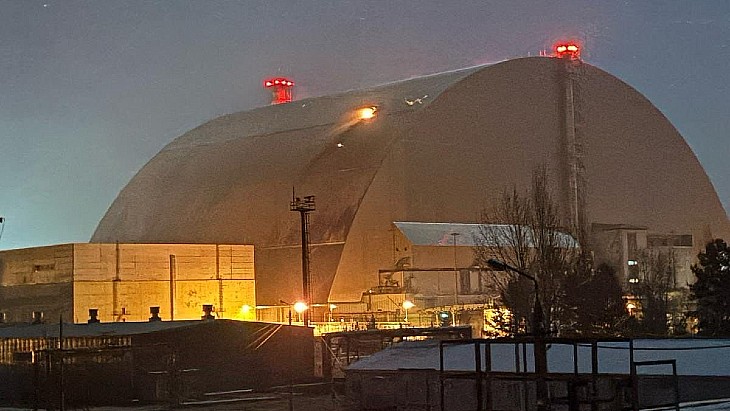Unterweser gets decommissioning approval
German utility PreussenElektra has announced that the decommissioning and dismantling of the Unterweser nuclear power plant (KKU) can now start, following approval from the Lower Saxony Ministry of the Environment, Energy, Building and Climate Protection. The approval is pursuant to Section 7 (3) of Germany's Atomic Energy Act.
.jpg) |
| Unterweser (Image: PreussenElektra) |
KKU is now the second of PreussenElektra's plants shut down in 2011 to be receive such a licence, following Isar 1 in January last year. Dismantling of the company's Stade plant is "well advanced" and scheduled for completion within the next four years, the company said, while dismantling of Würgassen was completed in 2014.
"We have comprehensive expertise in the dismantling of power reactors from the Stade and Würgassen dismantling projects. We are now able to apply the knowledge and experience we gained during these projects and this will help us to carry out the upcoming dismantling project safely and with minimal impact upon the environment," PreussenElektra Chairman Guido Knott said.
PreussenElektra applied for permission to decommission and dismantle KKU in May 2012, the process of which included a detailed safety report, an outline plan and an environmental impact study. These were open for public comment for two months, followed by a public hearing, which took place in February 2016.
Systems that are no longer required will be decommissioned and dismantled and logistical preparations made within the controlled area so that a waste processing centre can be set up for dismantled components in the annulus of the reactor building, the company said. Preparations will also be made for dismantling the reactor pressure vessel internals. In parallel, removal of the fuel elements still left in wet storage will continue.
Dismantling work inside the controlled area is expected to take about 13 years, plant manager Gerd Reinstrom said.
KKU, a pressurised water reactor with a gross installed capacity of 1410 MWe, operated between 1978 and 2011. It was one of seven nuclear power plants shut down in Germany in March 2011 when it lost its commercial operating licence under the 13th Amendment to the Atomic Energy Act.
By the time it ceased commercial operation in March 2011, KKU had produced more than 305 terawatt-hours of electricity, which the company said was a world record for a single-unit nuclear power plant.
PreussenElektra operates the Brokdorf, Grohnde and Isar 2 nuclear power plants, which are in Schleswig-Holstein, Lower Saxony and Bavaria, respectively.
Researched and written
by World Nuclear News










..._58412.jpg)
